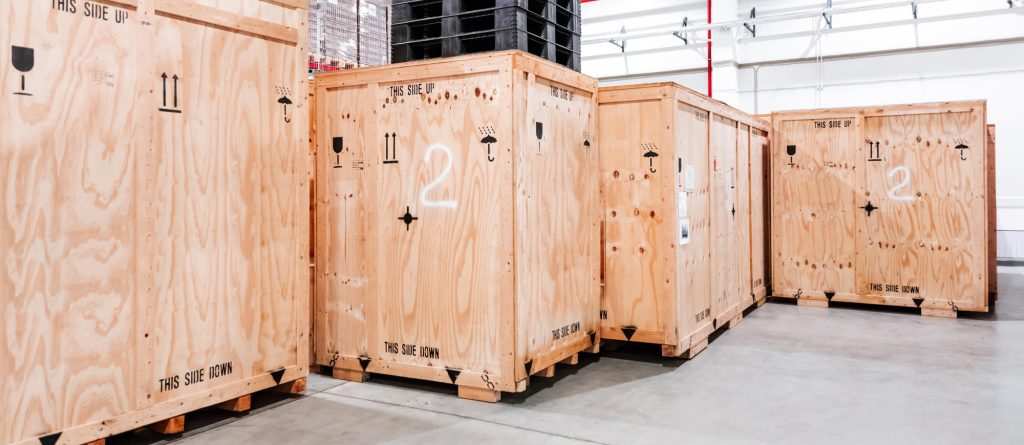In the world of storing belongings, terms like ‘storage units‘ and ‘self-storage units’ often arise. Though they might sound similar and are sometimes used interchangeably, they possess distinct characteristics. Whether you’re decluttering, moving house, or need space for your business inventory, it’s vital to understand the nuances between the two to make an informed decision. In this article, we delve deeper into the differences between storage units and self-storage units.
Defining the Terms
Before we dive into the specifics, it’s essential to understand what each term signifies.
- Storage Units: These are spaces provided by companies to store items. They might come with a variety of services, from inventory management to item pickup and delivery.
- Self-Storage Units: As the name suggests, these units offer a more hands-on approach. Customers typically have direct access to their rented space and are responsible for managing their belongings.
Access and Flexibility
Storage Units
- Managed Access: Traditional storage units might require you to schedule your visits or coordinate with the facility’s staff to access your items. This can be cumbersome if you need something at the eleventh hour.
- Scheduled Retrievals: If you need an item from your storage unit, you might have to request it in advance, and the facility’s staff will retrieve it for you.
Self-Storage Units
- Direct, Unhindered Access: One of the standout features of self-storage is the direct access it provides. You typically have a key or access code, allowing you to visit your unit outside regular business hours.
- On-the-Spot Decisions: Need to add more items or take something out of storage? With self-storage, you can make immediate decisions without going through an intermediary.
Range of Services
Storage Units
- Full-Service Offering: Some storage unit providers offer comprehensive services, including item pickup, packing, inventory management, and even unpacking at the destination. This can be especially handy for those who’d prefer to be hands-off.
- Specialised Handling: These units might provide specialised services for fragile items, ensuring they’re adequately packed and stored.
Self-Storage Units
- DIY Approach: The onus of packing, transporting, and organising lies with you. While this offers autonomy, it also requires a commitment of time and energy.
- Fewer Ancillary Services: Beyond the basic provision of space, self-storage companies might offer fewer add-on services.
Contractual Terms and Costs
Storage Units
- Fixed Contracts: Traditional storage units might come with more extended minimum contract periods, which might not be ideal if you need short-term solutions.
- Inclusive Pricing: Given the range of services, the cost might be inclusive of various facilities like packing, transportation, and inventory management. However, this might make it a pricier option.
Self-Storage Units
- Flexible Terms: Many self-storage facilities offer month-to-month rentals, providing flexibility to those uncertain about their storage duration needs.
- Transparent Costs: Since you’re primarily paying for space and not a suite of services, the pricing can be more straightforward and potentially more economical.
Security and Maintenance
Both types of storage solutions usually offer security features such as CCTV, alarm systems, and sometimes on-site security personnel. However, the design might differ:
Storage Units
- Centralised Security: Given the managed nature, there might be stricter access controls, with fewer people entering the facility.
Self-Storage Units
- Individualised Security: Each unit might have its security features, like individual alarms, in addition to the overall facility’s security measures.
Conclusion
When choosing between storage units and self-storage units, the decision boils down to your preferences and needs. If you value direct access and flexibility, a self-storage unit might be your best bet. However, if you’d like a comprehensive service package and are alright with a hands-off approach, traditional storage units can be ideal. Whichever you choose, ensure it aligns with your requirements, budget, and the duration for which you’ll need storage.








